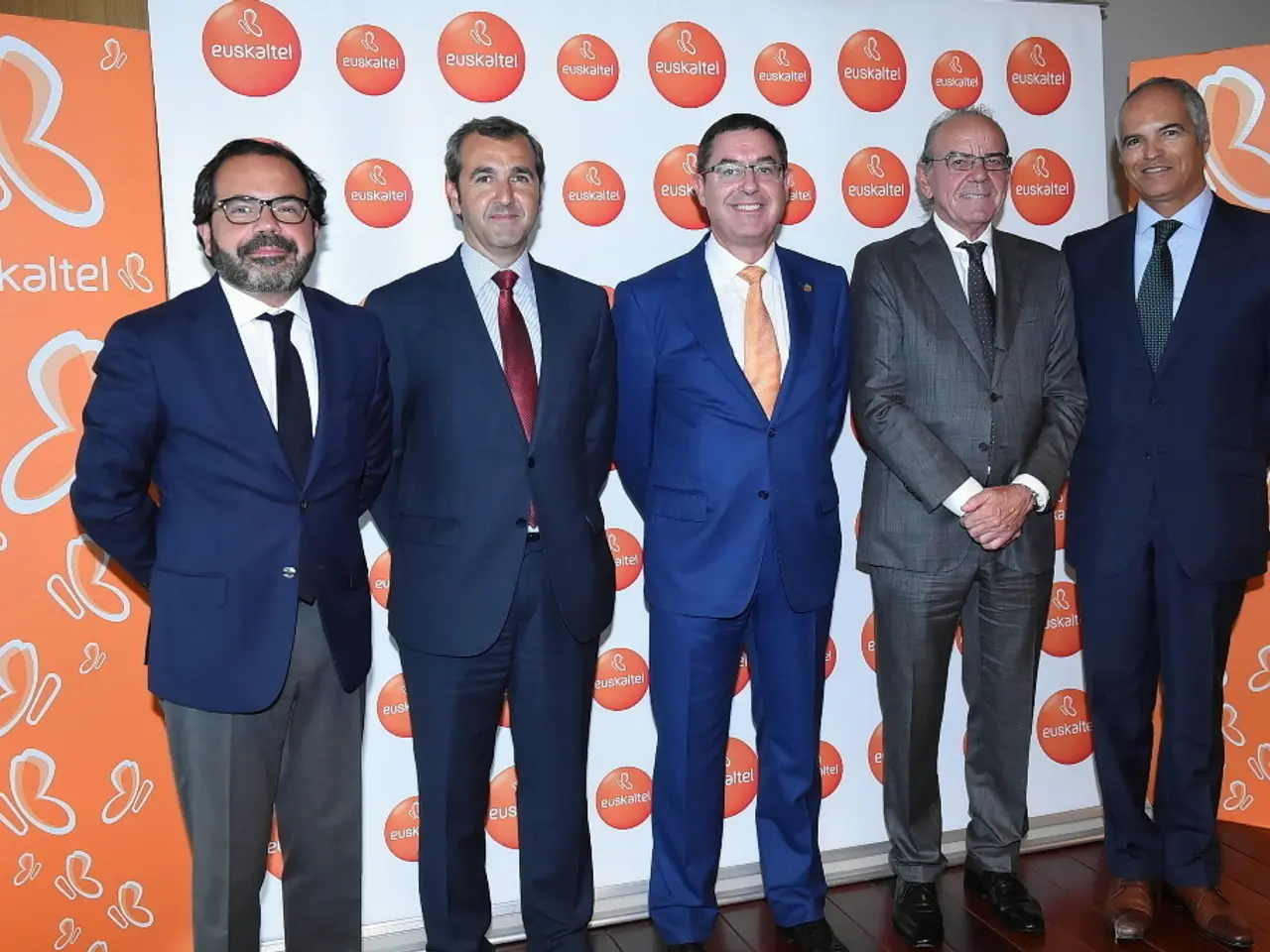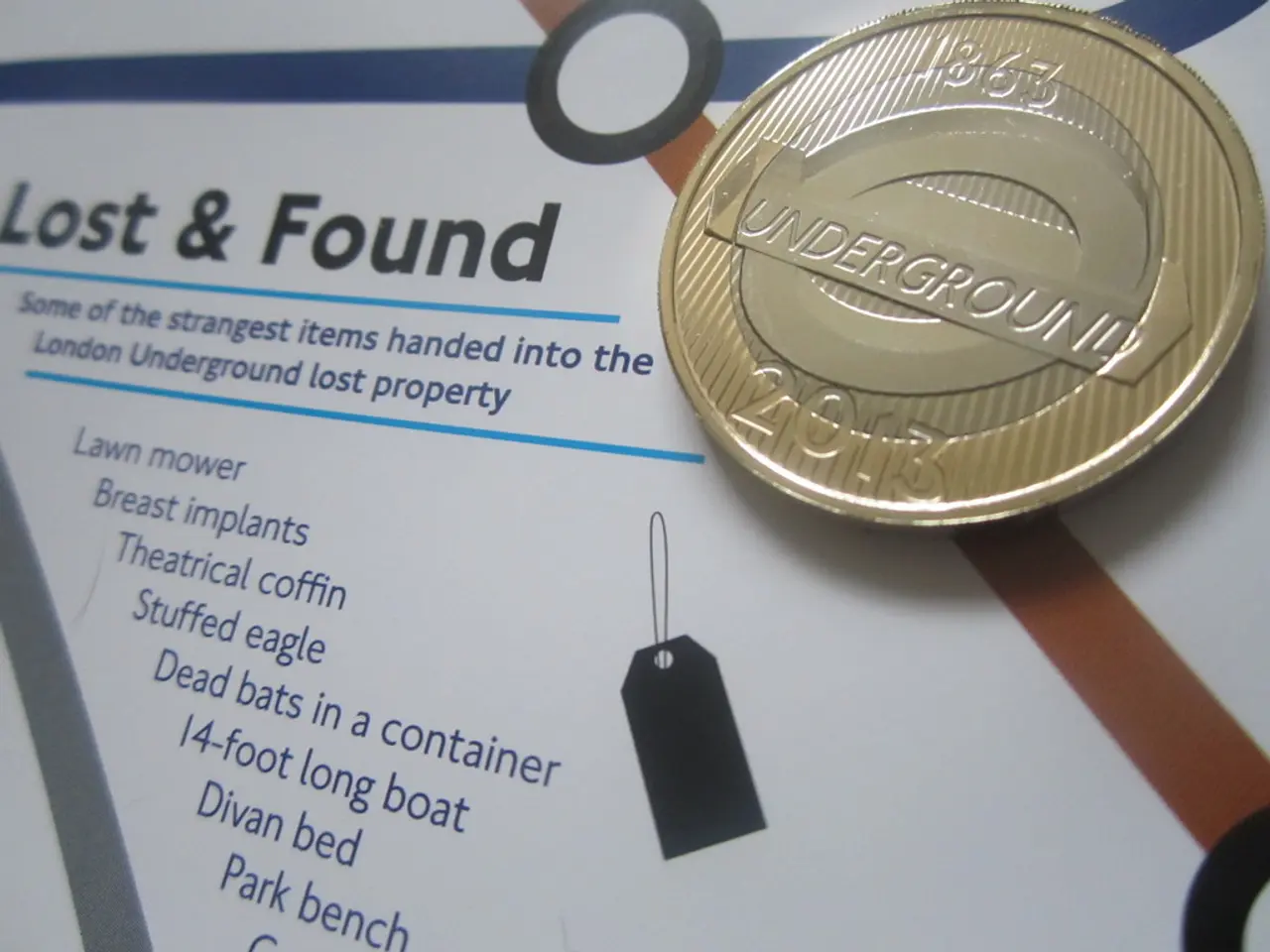Principles for Successful Organizational Management
In today's dynamic business landscape, organisations are striving to create an environment that encourages growth, cooperation, and healthy competition. By adopting a multi-faceted approach grounded in leadership development, inclusive culture, and strategic performance management, companies can successfully promote a growth mindset while maintaining cooperation and fostering a culture of personal and organisational excellence.
One key aspect of this approach is cultivating a growth mindset and leadership culture. Leaders are encouraged to view setbacks as learning opportunities and to model resilience through reflective practices like journaling and setting incremental goals. This helps embed continuous development and adaptability in the leadership ranks, which cascades through the organisation. Leadership programs that emphasise teamwork, mentorship, and peer support are also crucial in building leadership synergy and a culture of shared ownership.
Promoting cooperation is another essential element. Investing in building team synergy through brainstorming sessions, Agile retrospectives, and Employee Resource Groups (ERGs) fosters inclusion, open communication, and collective problem-solving. Providing distinctive and flexible spaces, both physical and digital, enhances connection and productivity across generations and locations.
Anticipating change and promoting flexibility is also vital. Equipping employees with continuous training and development opportunities tailored to fill critical skill gaps and aligned with industry trends builds workforce agility, preparing them to navigate and adapt to change effectively. Encouraging goal setting in incremental steps maintains motivation amid shifting priorities.
Leveraging workforce diversity and personal growth is another strategy. Empowering a diverse workforce by recognising individual contributions and ensuring all employees feel connected to the organisation's vision and values enriches collaboration and drives innovation. Linking employee development to clear career paths and rewarding high performance openly fuels personal growth and motivation.
Incentivising high performance and empowerment is another essential element. Recognising and rewarding employees who actively engage in development and demonstrate high performance reinforces a culture of excellence and healthy competition. Empowering employees by providing autonomy, along with guidance and resources, enables them to take initiative and contribute meaningfully.
Creating a forward-looking, adaptive leadership culture is also crucial. Developing leaders who balance global and local priorities and share best practices swiftly enables speed and adaptability in product rollouts and strategy implementation. Fostering a leadership mindset that anticipates future trends and embraces innovation ensures the organisation remains competitive and agile.
The work environment should also stimulate creativity and allow employees to recoup their energy. Fulfilling these principles can help organisations grow and face the future with confidence. The continuation of an organisation is dependent upon its leaders having the necessary judgement and skill to prepare for the future amidst uncertainties.
Companies should aim to achieve collaboration among team members, eliminating self-interest. Including nature in the office design can help boost employees' perception, help them unwind, de-stress, and improve their productivity and problem-solving skills. High performers can help lift the performances of others.
Lastly, organisations need to change with time but are often slow to adapt to changing conditions. Building strong interpersonal connections among team members can help companies influence their performance. Rewarding employees who display a cooperative mindset and penalising the lack of cooperation can further foster a cooperative culture.
By integrating these strategies, organisations can successfully promote a growth mindset and positive competition while maintaining cooperation, flexibility, and a culture of personal and organisational excellence.
Leaders are asked to nurture a growth mindset by viewing setbacks as opportunities for learning and displaying resilience through personal practices like journaling and goal-setting. This helps instill continuous development and adaptability within the leadership ranks, empowering it to permeate throughout the entire organization.
Employing a diverse workforce and emphasizing individual contributions towards the organization's vision and values fosters collaboration and innovation, making high performers instrumental in enhancing the overall team performance.




